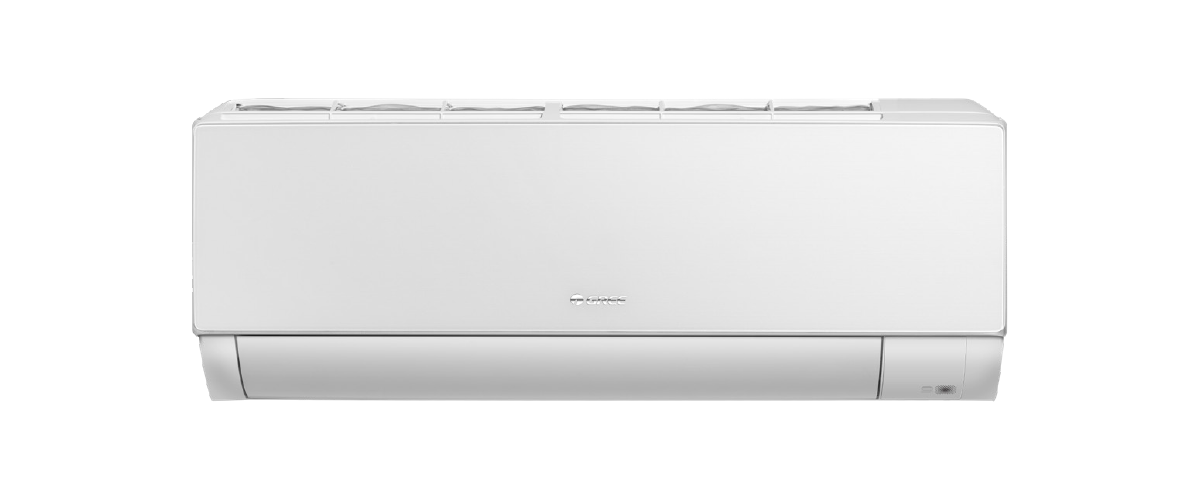What Is an Air Source Heat Pump? Explained
What Is an Air Source Heat Pump? Explained
Blog Article
What Is an Air Source Heat Pump? Explained
When it comes to energy-efficient and eco-friendly heating solutions, air supply temperature pushes (ASHPs) stick out as a well known selection for homeowners and companies alike. But with increased attention surrounding sustainability and clean energy, understanding how air supply heat pumps work and their advantages is needed for making the best decision. This informative article may serve as your ultimate information to demystifying Air source heat pump (Luftvärmepump) and exploring how they give an revolutionary means to fix modern heating needs.

What Is an Air Source Heat Pump?
An air source heat pump is just a heating and chilling system that extracts heat from the outside air and transfers it inside to efficiently regulate the heat of a building. Unlike old-fashioned heating methods that depend on using energy, ASHPs use energy to move temperature, making them a more sustainable and cost-effective option.
There are two main kinds of air resource heat sends:
1. Air-to-Air Heat Pumps: These transfer heat to the air within your house or building, working much like a conventional HVAC program but with greater efficiency.
2. Air-to-Water Temperature Pumps: These methods heat water that may then be found in radiators, underfloor heat systems, or for domestic warm water.
How Do Air Resource Temperature Pushes Perform?
Air source heat pumps operate on a straightforward however brilliant concept. They remove heat from the outdoor air, even in cooler temperatures, employing a compressor and a refrigerant system. Here is a fast breakdown of the method:
1. Heat Assimilation: The system absorbs heat from the air outside.
2. Retention: The heat is then compressed employing a refrigerant, increasing its temperature.
3. Heat Move: That heat is moved to the making to hot your home or water.
4. Recycling: The refrigerant rounds back again to replicate the process.
ASHPs can also opposite this method in hotter weeks, working as an air conditioning equipment by transferring heat from inside to the exterior air.
Why Select Air Resource Heat Pumps?
The growing reputation of air source heat pumps can be traced with their numerous advantages over old-fashioned techniques:
• Power Performance: ASHPs use electricity to transfer heat as opposed to create it, lowering energy consumption.
• Eco-Friendly Heat: By leveraging green heat from the air, ASHPs decrease carbon emissions significantly.
• Charge Savings: While the initial expense may be higher, decreased power bills produce ASHPs a cost-effective option in the long term.
• Versatility: Whether you're needing heating, cooling, or heated water, air source temperature sends provide multi-functionality in a single system.
• Little Maintenance: These programs are designed for low maintenance, usually requiring just an annual check-up.
Are Air Resource Temperature Sends Proper for You?

Air source temperature pumps are most effective in protected homes and in climates wherever temperatures do not regularly decline extremely low. If you are considering one, here certainly are a few facets to take into consideration:
• Current Heat Program: Retrofitting a heat pump in to a preexisting program might need additional upgrades, such as for instance better efficiency or appropriate temperature emitters.
• Outside Place: ASHPs require space around them to allow unrestricted airflow.
• Transparent Costs: While the obtain and installment costs might seem large, government incentives and long-term savings often counteract that original investment.
Ultimate Thoughts
Air supply heat pumps represent a step of progress in sustainable heating and energy efficiency. Making use of their power to reduce carbon emissions and produce reliable ease year-round, they're a engaging option for anybody trying to align with solution energy solutions. By understanding how these methods perform, you'll be well-positioned to determine if they are the best match for your property or business.
Report this page